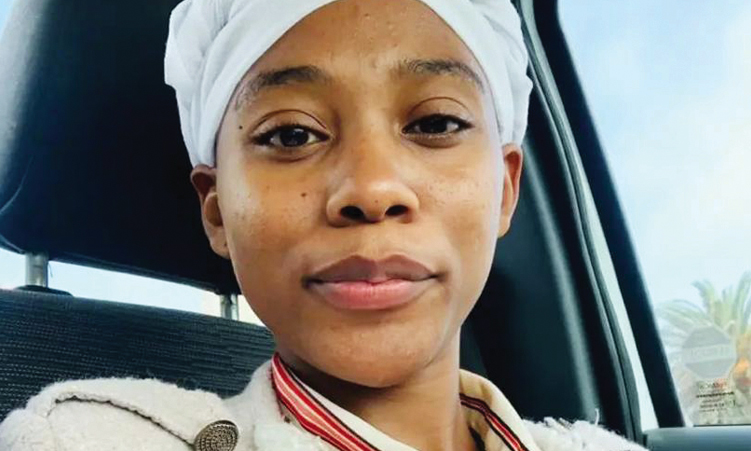Over the years, true crime documentaries have become incredibly popular.
People just love to sit back and listen to the rehashing of a gruesome murder, stalking case, kidnapping or attack by police officers, detectives, family members, witnesses, the victims themselves (if they are still alive) and shockingly, even the perpetrators sometimes.
These series, though based on real-life horrific events, are often accompanied by re-enactments and dramatic scriptwriting to really hook the audience.
According to scientist Coltan Scrivner, human curiosity about those who are dangerous is innate – something we most likely developed a long time ago to learn to distinguish between those who were friends and those who could bring us harm.
He works with The Recreational Fear Lab, a research unit operating under Aarhus University.
They “investigate the conditions under which fear can be fun, social, and inherently meaningful”, according to their official site.
“True crime can have a learning component to it or at least a perceived learning component,” says Scrivner.
“We feel like we’re more prepared in these kinds of situations. So if this dangerous situation were to occur, you feel a little more prepared and know what you should or shouldn’t do.”
Other experts concur that it is most likely linked to a curiosity about human nature.
Now Namibia has entered the chat, with one social media account highlighting a few famous tragedies which took place locally over the years using short-form reel formats on YouTube and TikTok.
These include summaries of the case of murder victim Shannon Wasserfall, the mysteries of missing person Avihe Ujaha (9) and Adrian Oswyn (6), the gruesome 1998 murder of Monika Florin at the hands of her husband Thomas Florin, later dubbed ‘The Butcher of Swakopmund’, the shocking murder of pupil Magdalena Stoffels, the N$30-million corruption case involving Avid Investment Corporation chief executive Lazarus Kandara and his subsequent suicide while in police custody, the infamous and unknown B1 butcher, and many others – often collating the information at hand and simplifying the details for brevity.
On TikTok, the ‘Namibia True Crime’ account has over 50 000 followers.
Their most popular video, a deconstruction of the life and death of Sackeus Amateta, a Namibian crime kingpin, known widely as ‘Kablou’, is sitting at a whopping 1,1 million views, while others have been seen hundreds of thousands of times.
If that doesn’t convince you, a peruse through the comments might.
This section is teeming with viewers and followers praising the creator and narrator – who protects their identity through voice-changing software – for their hard work and others suggesting more major cases that may have long been forgotten.
This shows there is a thirst for this kind of content, and many are interested in Namibia’s sordid crime history.
The morality of loving true crime also comes into question, however.
Though journalist Amanda Knox admits that consuming true crime media can also raise awareness about injustice, help solve unsolved cases or even bring closure to grieving families, she notes that the genre has an ethics problem.
“It often operates without the consent of the people at the centre of these tragedies. It can glamorise killers and misrepresent victims,” she says in a 2023 article chronicling how the documentation of her own arrest for murder, four-year incarceration and eventual exoneration for a murder she did not commit, negatively affected her life.
“Even those with good intentions can cause harm. That’s hard to avoid when making an entertainment product based on the worst moment in someone’s life,” she says, further outlining how many producers of true crime content often go as far as selling merchandise and profiting from the tragedies, and how one could even pay a hefty fee to procure artefacts and items from famed killers.
Not to mention the obsession women had with serial killers like Ted Bundy in the 1970s, due to the attention of the media and the focus on his apparent good looks and charisma.
It is clear that the genre should be handled carefully and with sensitivity to those involved in cases, though the existence of these types of non-fiction films and podcasts should continue to exist as some form of archival material.
– Anne Hambuda is a poet, writer and social commentator. Follow her online or email her annehambuda@gmail.com
Stay informed with The Namibian – your source for credible journalism. Get in-depth reporting and opinions for
only N$85 a month. Invest in journalism, invest in democracy –
Subscribe Now!






